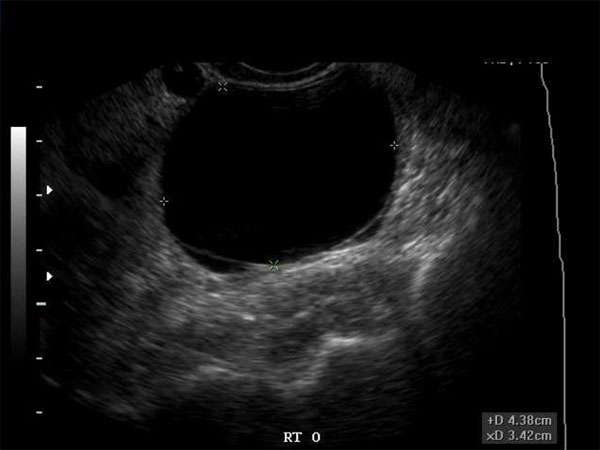Introduction
The Accreditation Council for Continuing Medical Education (ACCME) plays a crucial role in ensuring the quality and effectiveness of medical education. It sets the standards and guidelines for continuing medical education (CME) activities and accredits providers to deliver educational programs to healthcare professionals. Understanding the role and importance of ACCME is essential for all stakeholders involved in medical education.
1. What is ACCME?
The ACCME is a nonprofit organization that oversees the accreditation of CME providers in the United States. It was established in 1981 and is recognized as the accrediting body for CME by the American Medical Association (AMA) and the Association of American Medical Colleges (AAMC). ACCME‘s mission is to identify, develop, and promote standards for quality CME that improves healthcare outcomes.
2. Accreditation Process
ACCME accredits various types of organizations that provide CME, including medical schools, hospitals, and professional societies. The accreditation process involves a comprehensive evaluation of the provider’s educational activities, governance, and compliance with ACCME’s accreditation criteria. Accredited providers must demonstrate their commitment to continuous improvement and adherence to ACCME’s standards. The Institute for Advanced Medical Education is Accredited by the ACCME.
3. Standards and Guidelines
ACCME has developed a set of accreditation criteria, known as the Accreditation Standards for Continuing Medical Education, which outline the requirements for educational content, planning, evaluation, and independence. These standards ensure that CME activities are evidence-based, free from commercial bias, and meet the educational needs of healthcare professionals. IAME ensures these standards are met through rigorous educational planning, development, and execution of learning activities using the ACCME standards.
4. Importance of ACCME Accreditation
ACCME accreditation is highly valued by healthcare professionals and organizations alike. Accredited providers demonstrate their commitment to delivering high-quality education that is based on the latest evidence and best practices. Healthcare professionals rely on ACCME-accredited CME activities to maintain and enhance their knowledge, skills, and competencies. ACCME in the opinion of the Institute for Advanced Medical Education as well as US medical schools, the Federation of State Medical Boards, and numerous healthcare organizations is the gold standard for continuing medical education.
5. Accreditation as a Quality Assurance Mechanism
ACCME accreditation serves as a quality assurance mechanism for medical education. It provides a framework for maintaining and improving the standards of CME activities, ensuring that healthcare professionals receive accurate and unbiased information. The accreditation process encourages providers to engage in ongoing evaluation and improvement, leading to better educational outcomes.
6. Collaboration and Partnerships
ACCME collaborates with other organizations involved in medical education, such as the AMA, AAMC, state medical boards, and specialty boards. These partnerships promote alignment and consistency in CME requirements and guidelines across the medical education community. ACCME also works with international accrediting bodies to foster global harmonization of accreditation processes and standards.
Conclusion
The ACCME plays a pivotal role in ensuring the quality, effectiveness, and integrity of medical education through its accreditation process. By setting standards and guidelines, accrediting providers, and promoting continuous improvement, ACCME contributes to the ongoing professional development of healthcare professionals. Healthcare professionals, providers, and organizations should recognize and support the importance of ACCME accreditation in maintaining high standards of medical education.

